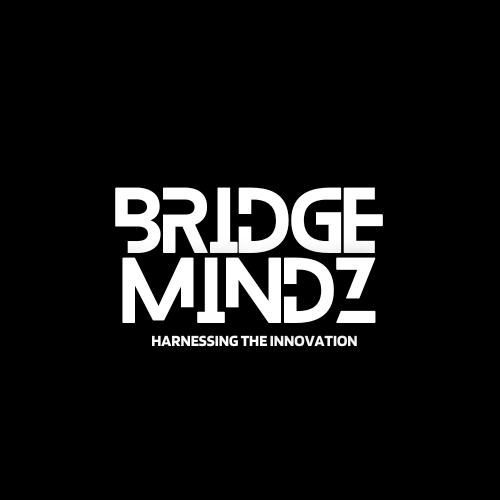
The world of business transactions is on the brink of a revolutionary transformation, and at the heart of this transformation lies blockchain technology. While blockchain gained recognition primarily as the technology behind cryptocurrencies like Bitcoin, its potential reaches far beyond digital currencies. In this blog, we delve into the exciting realm of blockchain and explore its implications for the future of business transactions.
First, let’s understand the basics of blockchain. At its core, blockchain is a decentralized and distributed ledger that records transactions across multiple computers. Each transaction, or “block,” is cryptographically linked to the previous one, forming a chain of blocks. This ensures the immutability and transparency of the data stored within the blockchain.
One of the most significant advantages of blockchain technology is its ability to eliminate intermediaries in business transactions. Traditionally, transactions involve trusted third parties such as banks, lawyers, or notaries to validate and verify the authenticity of the transaction. Blockchain replaces these intermediaries by enabling direct peer-to-peer transactions, reducing costs and increasing efficiency.
Moreover, blockchain brings unprecedented transparency to business transactions. Every participant in the network has access to the same information, creating a shared and immutable record of all transactions. This transparency enhances trust and accountability, as any tampering or fraudulent activities are immediately identifiable.
Smart contracts, a key feature of blockchain technology, are self-executing contracts with predefined rules and conditions. These contracts automatically enforce the terms and conditions of an agreement, eliminating the need for intermediaries or manual interventions. Smart contracts have the potential to revolutionize various industries, including supply chain management, real estate, healthcare, and finance.
In addition to transparency and efficiency, blockchain technology enhances security. The decentralized nature of blockchain makes it highly resistant to hacking or unauthorized modifications. Transactions recorded on the blockchain are encrypted, and any changes require consensus from the majority of participants, making it extremely difficult to tamper with the data.
The potential applications of blockchain extend beyond business transactions. Industries such as healthcare can benefit from blockchain’s ability to securely store and share patient records, ensuring data integrity and privacy. Governments can utilize blockchain for transparent voting systems, eliminating concerns about electoral fraud. Blockchain also holds promise for intellectual property rights management, ensuring fair compensation for artists and creators.
While blockchain technology offers immense potential, it’s not without its challenges. Scalability, energy consumption, and regulatory frameworks are some of the areas that require further development and refinement. However, as the technology continues to evolve, these challenges are being addressed by innovative solutions and collaborations.
Blockchain technology is poised to transform the future of business transactions.
Its ability to provide transparency, security, efficiency, and cost-effectiveness makes it an attractive proposition for businesses across various industries. As we explore the possibilities of blockchain and beyond, it’s crucial for businesses to stay informed and adapt to the changing landscape. Embracing blockchain technology can unlock new opportunities and reshape the way we conduct transactions in the digital age.
Related Articles
Why you should choose Fiverr Pro over Local Graphic Designers near you
In today's digital age, the demand for high-quality graphic designers is more significant than the past. Whether you're a startup, a small business, or an individual looking for personal branding solution, the right graphic design can make all the difference....
Cybersecurity for Everyone: Empowering Individuals to Stay Safe Online
In our modern digital age, the internet has become an integral part of our daily lives. We use it to connect with friends and family, shop for goods and services, manage finances, and access a wealth of information. However, with the convenience of the online world...
Cybersecurity Unmasked: Understanding the Invisible Threats Lurking Online
In today's digital age, where we rely heavily on technology and the internet for various aspects of our lives, cybersecurity has become an indispensable concern. The increasing reliance on digital platforms has also given rise to invisible threats that lurk in the...


